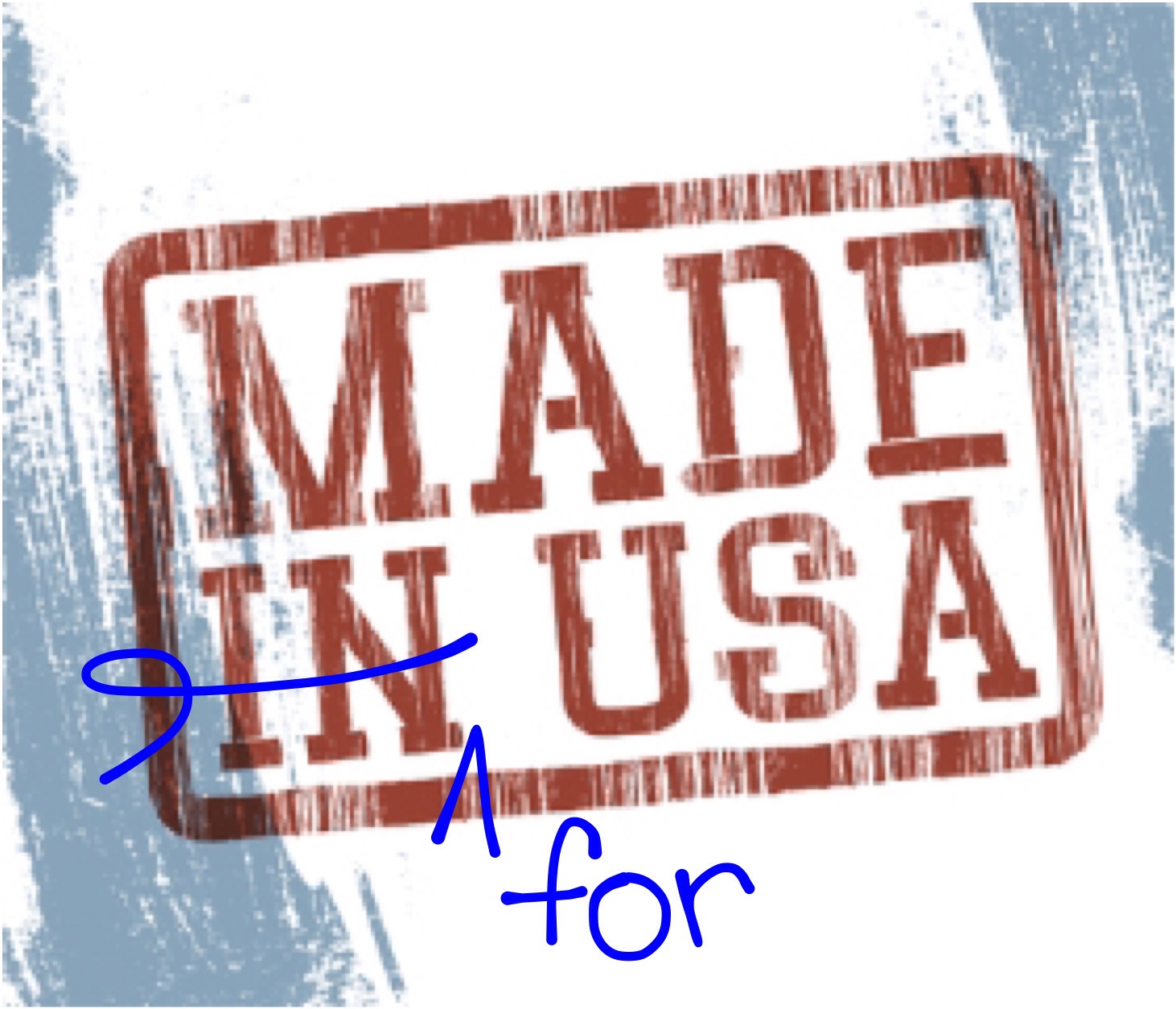Every publisher who has hoped for a large U.S. audience has asked me to edit to U.S. spelling standards. You know, drop the dipthongs (oe and ae), omit the u from ou pairs, use z instead of s, allow only one consonant before adding an ending… They seem to think Americans won’t buy a book with unfamiliar spelling or punctuation practices.
Won’t they?
Is it not our patriotic duty to be ourselves, to spell words according to our national preferences? Do you not feel betrayed when your fellow countryman honours another’s standards over our own?
Is not one of the purposes of reading to broaden one’s horizons?
On the other hand, I’m not a big fan of the superfluous letters in Canadian dictionaries. And no one is even maintaining a Canadian dictionary anymore. Well, unless you count the spellchecker in Word.
Should we just give in?
Maybe what they’re afraid of is bad reviews because of “misspellings.” This happens. In a world where reader reviews matter so much, is it worth tempting the wrath of the uninformed reader who posts “This book is full of misspellings”? I’ve had even Canadian peer reviewers complain that we misspelled “practise.”
Author discussions online wax toward the idea of including disclaimers in their books such as, “This book uses Canadian spelling.” But I wonder: the reader who doesn’t know there are other, correct spelling options, do they even read disclaimers?
What’s your feeling? Does patriotism win out? Does the small gesture of using U.S. spelling feel like pandering? Is holding onto Canadian spelling worth a battle?
Note: Editing Canadian English has an excellent summary of the intricacies of Canadian spelling preferences and a comparison of five dictionaries that dominate our practice.
Discover more from The Editors' Weekly
Subscribe to get the latest posts sent to your email.
